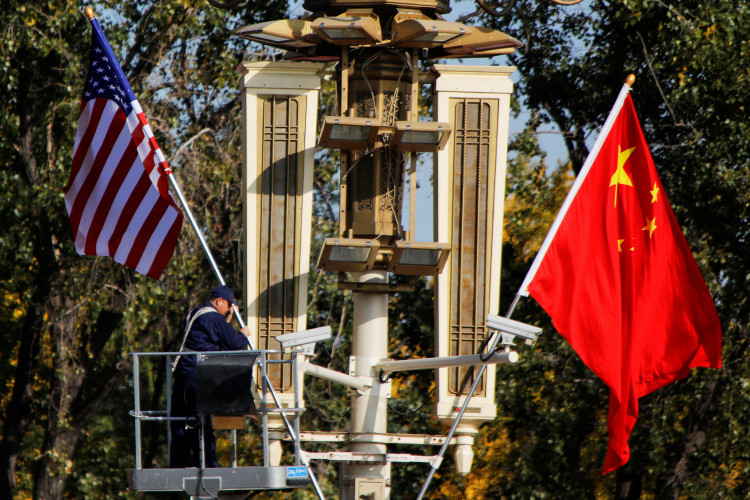China's commerce ministry announced on Thursday that there is a plan for face-to-face trade consultations with the United States in January. It is the latest advancement to the on-going trade tensions between the two biggest economies in the world.
Gao Feng, spokesperson at the commerce ministry told reporters that they will continue consultations through intensive telephone calls at the moment and he also said that the negotiations have been the Christmas break in the United States.
Gao did not give his response to the rumored scheduled visit of a U.S. trade delegation on Jan. 7 to China. Gao guaranteed that the United States and China have made specific arrangements for face-to-face consultations on January in addition to intensive telephone consultations.
The two parties have been in trade negotiations via phone recently. The meeting next month will be the first meeting of the two leaders, U.S. President Donald Trump and China's President Xi Jinping, since their talks in Buenos Aires on Dec. 1.
During the meeting in Buenos Aires, the two leaders agreed to pause the implementation of tariffs on each other's products which stirred the inflow of import and export between the two nations and the world market. The two leaders also settled to continue their negotiations while the United States rescheduled it planned tariff increase which was supposed to be implemented on Jan. 1.
In response to the United States effort, China started importing U.S. soybeans for the first time in six months. China also announced that they will suspend implementing tariffs on U.S.-made Vehicles and auto parts for three months starting Jan.1. China is hoping that the leeway given by both parties might speed up negotiations to totally remove additional tariffs on the two nation's goods.
Bloomberg reported that a U.S. trade team will travel to Beijing on the second week of January to hold talks with Chinese officials. Another source told Reuters that talks were likely in early January.
Another factor that might drop the trade tension between the two nations is China's "negative" list that was issued on Tuesday. It specifies restricted or prohibited industries for domestic and foreign investors. This will open China's industries to western investments.
In addition to the list, Chinese lawmakers also drafted a foreign investment law which is currently for public consultation. The law proposed a ban on forced technology transfer and illegal government interference in foreign business operations.





